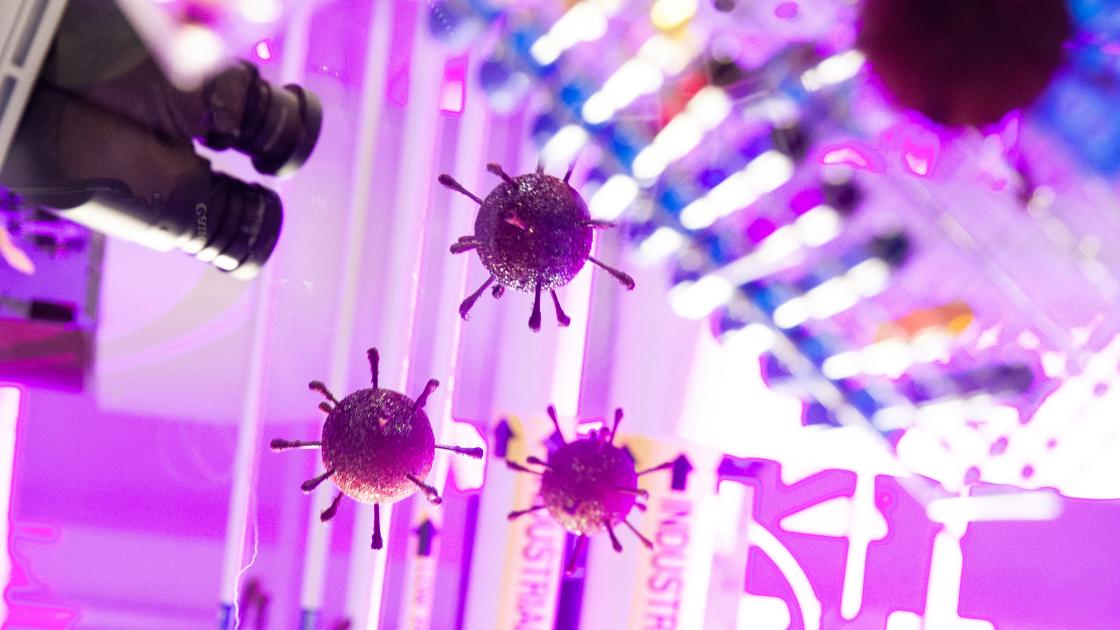
Smith Alzheimer's Center research internship
Thank you for your interest in an internship with the Smith Alzheimer's Center. Applications for the summer 2026 program should be submitted through the form below and completed by Friday, February 27, 2026. Applicants must also have two letters of reference from college instructors. Instructors should send reference letters to smithalzcenter@siumed.edu.
Internships will be based out of the Springfield campus location. Housing is not provided. Qualified applicants will have completed their freshman year of college by June 2026, and not graduated. Applicants must be U.S. citizens.
See below for the two opportunities available. Applicants will be considered for both opportunities, but will be able to show preference for the top interest in the application.
Research opportunities
The intern will focus on measuring pathological and mitochondrial markers associated with Alzheimer's disease, considering sex differences in the disease's progression. They will employ techniques such as Western blotting, Agilent analysis, and/or immunohistochemistry to quantify amyloid-beta plaques and tau tangles, autophagy markers in both male and female mice. This research aims to uncover how sex influences the development and severity of Alzheimer’s pathology and mitochondrial dysfunction, contributing to a deeper understanding of the molecular mechanisms underlying the disease.
Our laboratory takes a GeroScience approach to understanding biological processes that contribute to the pathogenesis of Alzheimer’s disease (AD). The long-term goals of our research are to (1) identify pharmacological and nonpharmacological interventions that target insulin, glutamate, and senescence signaling pathways that prevent or alleviate cognitive decline and (2) elucidate their mechanisms of action in order to identify intervention for treating AD and related dementias. To address these goals, our laboratory has several ongoing research interests examining the contribution of core body temperature, glutamatergic neurotransmission, glucose homeostasis, cell senescence, and inflammation on cognitive decline in mouse models of AD as well as extended longevity. These parameters are assessed by using innovative whole animal and molecular biological techniques to measure in vivo neurotransmitter dynamics, cognitive performance, and metabolism. The intern will be directly mentored by Dr. Kevin Hascup, and other laboratory personnel to contribute with ongoing translational research involving aging and AD where they will acquire direct, hands-on experience conducting experiments in the areas of electrochemistry, molecular biology, cognition, and / or physiology. This experience will provide the intern with critical laboratory expertise that is beneficial for pursuing a career as a translational researcher or an advanced degree in medicine or life sciences.
